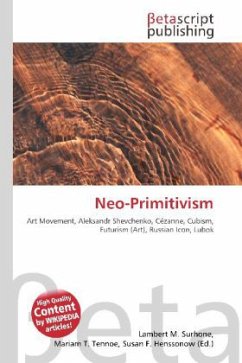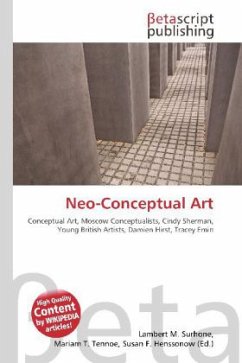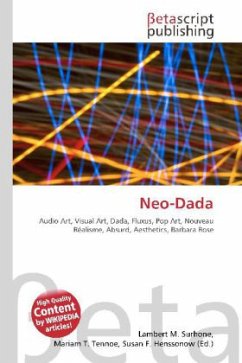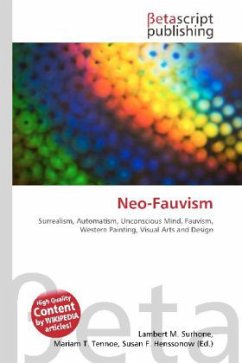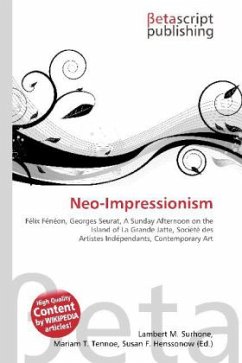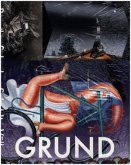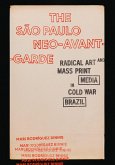Please note that the content of this book primarily consists of articles available from Wikipedia or other free sources online. Neo-primitivism was a Russian art movement which took its name from the book Neo-primitivizm (1913), by Aleksandr Shevchenko. In the book Shevchenko proposes a new style of modern painting which fuses elements of Cézanne, Cubism and Futurism with traditional Russian ''folk art'' conventions and motifs, notably the russian icon and the lubok. Neo-primitivism in the West is also used as a wider term to describe the work of artists/philosophers who aspire to the ideology or aesthetic of primitivism. As a modern art form, neo-primitivism is a radical and influential movement within the realm of body modification. As a political/social movement, neo-primitivism is commonly associated with the author/philosopher John Zerzan, and is closely linked, often interchangeably, with the Neo-tribalism movement.
Bitte wählen Sie Ihr Anliegen aus.
Rechnungen
Retourenschein anfordern
Bestellstatus
Storno

